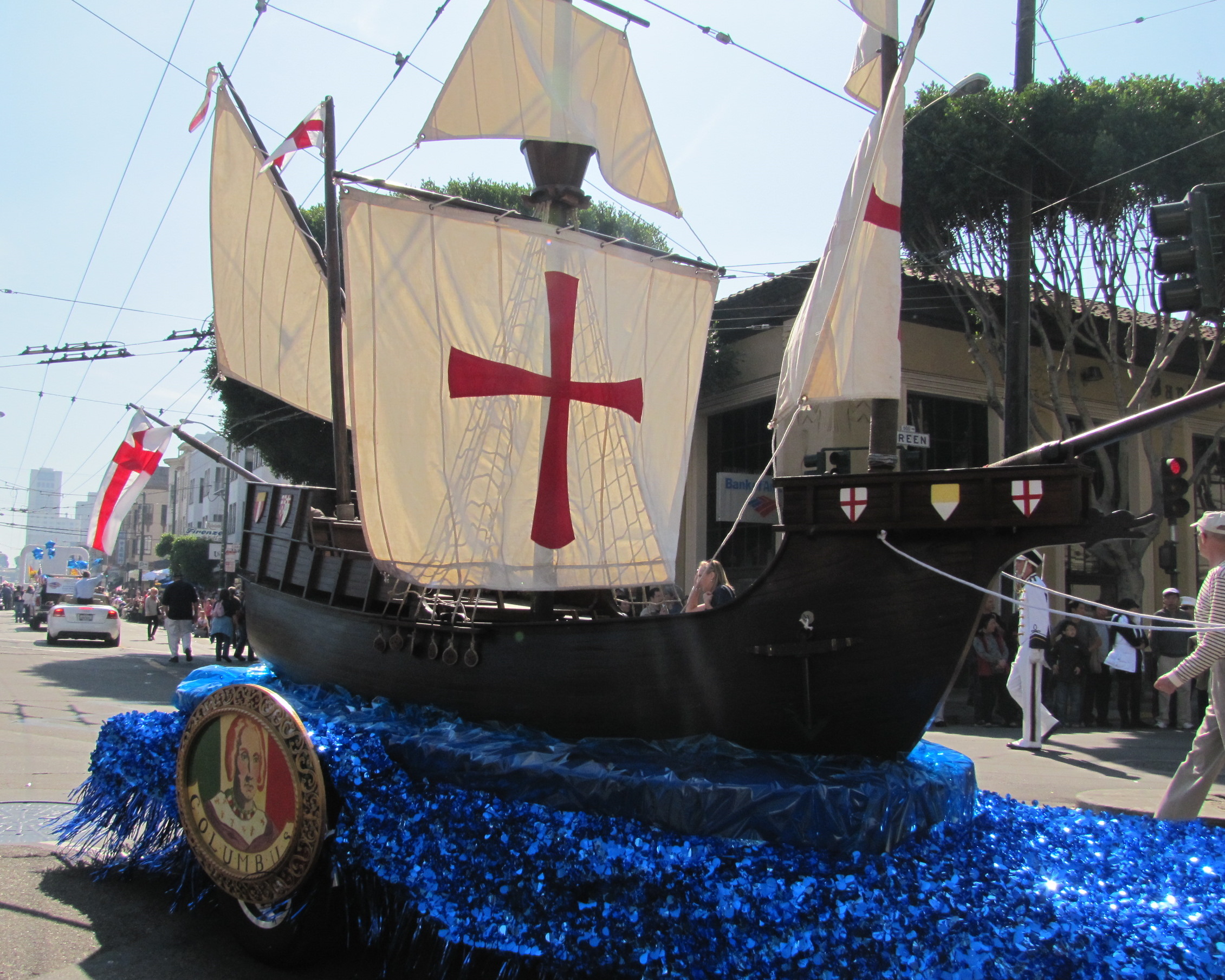Columbus Day: no parades, no parties, and depending on where you live, you may or may not get a day off of school. It doesn’t really seem like a big deal, just another event reminder on your Google Calendar.
So who was Christopher Columbus? Children in the public school system all learn, “in fourteen hundred ninety-two, Columbus sailed the ocean blue,” and that he is some sort of national hero.
If you’re of European descent, you may still believe this to be true. However, to the descendants of the native people that were already living here, in the land Columbus believed to be India, he is quite the opposite. In fact, Christopher Columbus was a racist who instigated genocide of the Native American people.
In 1492, Columbus landed in what is now Cuba, and met the people living there who were friendly and willing to trade with him. Unfortunately for them, Columbus had some different ideas. If you were to do some quick research, you would find that in his own personal diary he wrote, “they do not carry arms or know them….They should be good servants.” Columbus kept with that promise, enslaving the island’s population and cutting off their limbs for punishment if they didn’t meet expectations. That was just the beginning of his first voyage.
But if he was so terrible, why did America celebrate this man in the first place? Well the basic answer is that history is written by the winners – in this case the Europeans. When listing their accomplishments, they probably didn’t want genocide and slavery on that list. So for a long time Christopher Columbus was an American hero for “discovering” America and that’s it. For example, if Adolf Hitler had never been stopped during WWII, Germany would probably have a “Hitler Day”.
But this isn’t breaking news. It’s common knowledge that Columbus isn’t the hero people once thought him to be. So why is Columbus Day still observed? In general, it can be hard for someone to own up to their mistakes. In this instance, white people don’t like owning up to the mistakes of past white people. To change Columbus Day, many still need to affirm the fact that there was genocide and that Columbus was the beginning of it all.
Not that long ago, U.S. History textbooks brushed over, or completely ignored the fact that Americans shipped over and sold Africans as slaves. Now, it’s a slightly more expansive part of the curriculum, but Columbus’ genocide of the Native American people is still being brushed over. It may be mentioned, but it’s not a prominent part of U.S. History, which is odd because Columbus is literally the start of U.S. History.
As much as it’s a step in the right direction, making Columbus Day simply go away would not solve everything. In fact, letting Christopher Columbus just disappear from everyone’s radar would be a bad thing, allowing people to simply forget about this point in history. Without Columbus Day, we never would have had Indigenous Peoples’ Day.
Indigenous Peoples’ Day is a fairly new unofficial holiday, observed on the same day as Columbus Day in various locations around the United States, including St. Paul. This holiday commemorates Native American history and promotes Native American culture.
What will taking one holiday away, then adding another even solve? If Indigenous Peoples’ Day were to become a federally recognized holiday, it would have to be talked about in schools. Conversations in communities would include the real story behind Columbus, and Native American history would become a more prominent subject. Education is always the first step in change. Change in this case is ending the racial and cultural inequalities that are still prevalent in our country today.
